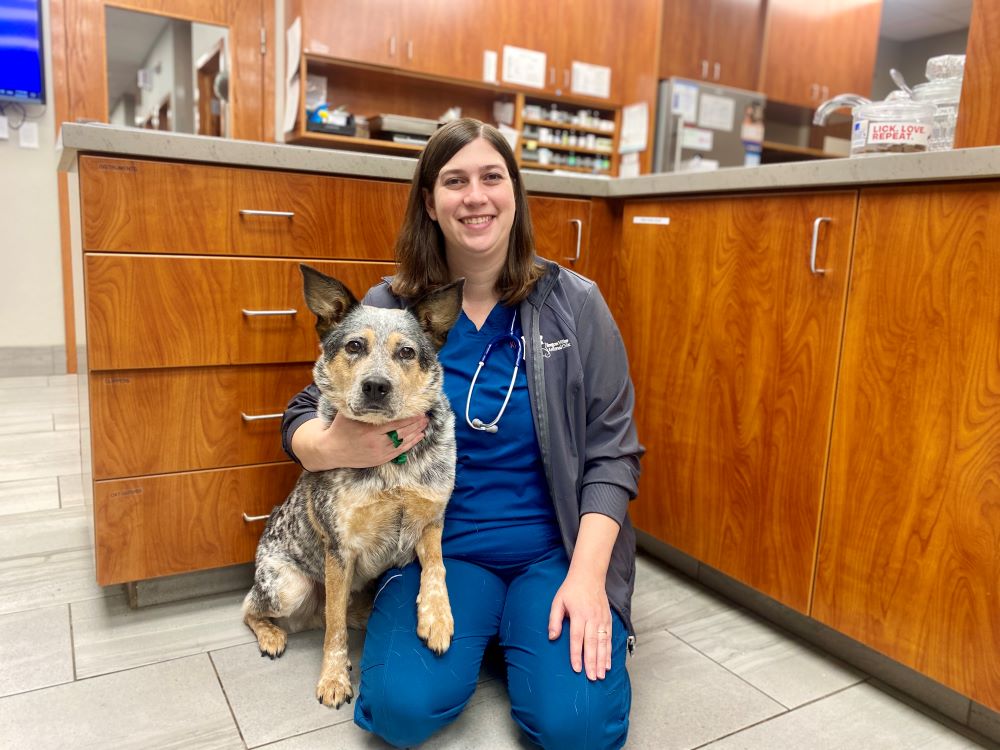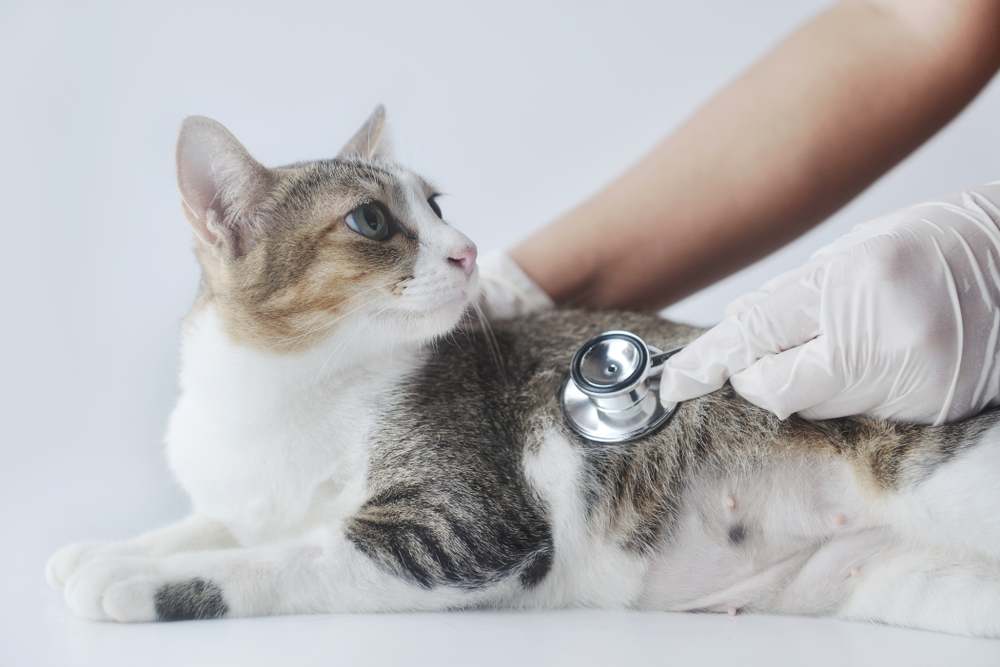
The Risks of Marijuana, Vaping, and Smoking for Pets
We always strive to create a safe and healthy environment for our pets. However, sometimes the habits or substances we use in our daily lives can pose unexpected risks to our pets. In this blog post, Dr. Kyle Fuller, a veterinarian at Cascade Hospital for Animals, sheds light on the potential dangers of marijuana, smoking, and vaping to our beloved companions.
Marijuana and Pets: A Growing Concern
With the increasing legalization and use of marijuana, it's crucial to understand its effects on our pets.
 Dr. Fuller explains that marijuana toxicity in pets can manifest in various ways, from mild to severe symptoms. Mild symptoms include lethargy, stumbling, disorientation, and sensitivity to light and sound. In severe cases, usually after exposure to large amounts, pets might experience vomiting, hypothermia, low heart rate, tremors, seizures, and even coma.
Dr. Fuller explains that marijuana toxicity in pets can manifest in various ways, from mild to severe symptoms. Mild symptoms include lethargy, stumbling, disorientation, and sensitivity to light and sound. In severe cases, usually after exposure to large amounts, pets might experience vomiting, hypothermia, low heart rate, tremors, seizures, and even coma.
How Much is Too Much?
While there's no established toxic dose, Dr. Fuller notes that most cases of pets eating plant material resolve with supportive care. However, she warns, "The severe cases are usually caused by ingestion of vaping products or other concentrates and typically need hospitalization at a 24-hour ER with intravenous lipid emulsion (ILE) therapy and sometimes anticonvulsants."
Secondhand Marijuana Smoke
Dr. Fuller advises caution with secondhand smoke. Small amounts, occasionally, are unlikely to cause problems. However, large amounts blown directly into a pet's face can be harmful, and chronic exposure to any smoke can cause respiratory issues like asthma in pets.
What to Do If Your Pet Consumes Marijuana
If you suspect your pet has consumed or inhaled marijuana, Dr. Fuller urges you to call your veterinarian or the Pet Poison Hotline immediately.
ASPCA 24/7 Poison Control Hotline - 888-426-4435
Pet Poison Helpline - 855-764-7661
CBD for Pets
While CBD is generally safe, Dr. Fuller warns about over-the-counter products: "Many over-the-counter CBD products also contain THC, even if not labeled as such. I only recommend veterinary-specific CBD products from trusted sources, such as ElleVet."
Vaping: A New Threat to Pet Health
The rise of vaping introduces new potential risks to our pets' well-being.
The rise of vaping introduces new potential risks to our pets' well-being. Dr. Fuller admits there's still much to learn about vaping's effects on pets. "I don't think we have enough data on this to know what the long-term effects are," she explains. "However, as with marijuana smoke, small amounts occasionally are unlikely to cause problems, but large amounts blown directly into their face can be harmful."
Of particular concern is the risk of ingestion. "If an entire pen or cartridge is ingested, it can create a risk of foreign body obstruction," Dr. Fuller warns, advising pet owners to watch for signs of poisoning similar to marijuana exposure. To prevent accidents, she recommends storing vape liquids and devices high out of reach or in a cabinet or drawer with a baby-proof lock.
The Lasting Impact of Cigarette Smoke

Traditional smoking poses well-documented risks to pet health, with both immediate and long-term consequences. Dr. Fuller outlines several concerns: "Secondhand smoke can increase the risk of respiratory diseases like asthma in both cats and dogs. In dogs, we see an increased risk of lung cancer and nasal cancer. Cats have an increased risk of oral cancer, likely due to them grooming particles off of their fur."
Pets living in smoking households face ongoing health risks, and while the effects of thirdhand smoke (residue on surfaces) are not fully known, Dr. Fuller advises that the best thing to do is to smoke outside. She also emphasizes the importance of monitoring your pet's health, recommending that any coughing, wheezing, or nasal discharge should be evaluated by a veterinarian.
As responsible pet owners, it's essential to be aware of these potential hazards in our homes. By understanding the risks associated with marijuana, vaping, and smoking, we can take proactive steps to protect our furry family members.
Dr. Fuller concludes, "If you have concerns about your pet's health or potential exposure to these substances, don't hesitate to reach out to Cascade Hospital for Animals for guidance and care."
Remember, a safe home for you should be a safe home for your pets too!
Located in the heart of West Michigan, serving Ada, Cascade, Forest Hills, and the greater Grand Rapids area, Cascade Hospital for Animals and Breton Village Animal Clinic are trusted havens for vet care. Reach out today to schedule a comprehensive physical examination for your pet.



